Introduction to How Many Teeth Does a Dog Have?
Did you know that dogs have 42 adult teeth. 20 adult teeth in the upper jaw and 22 in the lower jaw. Humans by contrast only have 32 adult teeth (assuming they still have their wisdoms). Puppies by 10 weeks will have up to 28 deciduous teeth (temporary baby teeth). Dog teeth are different from human teeth in many important ways. Understanding the basic anatomy of your dog teeth and how to care for them is essential to maintain their overall health and wellbeing.
Dogs can suffer from various dental problems such as gum disease, tooth decay, and broken teeth, which can lead to more severe health issues such as heart disease, liver disease, and kidney disease.
In this article, we will discuss the basics and types of dog teeth, how many teeth do dogs have and provide tips on how to care for your dog’s teeth to prevent dental problems. We will also answer some frequently asked questions related to your dog’s smile and dental health.
Understanding the Anatomy of Dog Teeth
Understanding your dog’s jaw and tooth anatomy is crucial for any dog owner. Dog teeth are a vital part of a dog’s mouth, and knowing how they function can help you take better care of your furry friend.
So what types and how many teeth do adult dogs have? 42 teeth in total, including incisors, canines, premolars, and molars. The following are the types and number of teeth dogs have and their functions:
Incisors
Dogs have 12 incisors in total, six on the top and six on the bottom. These are the small, narrow teeth located in the front of your dog’s mouth, upper and lower jaws; they’re used for biting and grooming.
Canines
Dogs have four canine teeth, two on the top and two on the bottom. These are the long, pointed teeth located between the incisors and premolars, and they’re used for tearing and holding onto prey.
Canines are long, pointed teeth that are designed to penetrate and hold onto prey. The roots of canine teeth are deep and firmly anchored into the lower jaw-bone and upper jaw bone, allowing them to exert a tremendous amount of force. Canine teeth tear into food.
It’s essential to keep your dog’s canines healthy and strong by providing them with proper dental care. By understanding canine teeth anatomy, you can ensure your dog has healthy and strong teeth for years to come.
Premolars
Dogs have 16 premolar teeth, eight on the top and eight on the bottom. These first permanent teeth are located behind the canines and are used for tearing, crushing, and grinding food.
Molars
Dogs have ten molars, four on the top and six flat molars on the bottom. These are the large, flat teeth located at the back of the mouth, and they’re used for crushing and grinding food.
Common Dental Problems in Dogs
Let’s talk about a common problem that many dogs face: dental issues. Just like humans, dogs can experience problems with their teeth and gums.
Some of the most common dental problems in dogs include bad breath, swollen or bleeding gums, broken teeth, and tooth decay. These issues can be caused by a variety of factors such as poor oral hygiene, genetics, or even their diet. If left untreated, dental problems can cause your furry friend a lot of pain and discomfort and can even lead to more severe health issues down the line.
That’s why it’s crucial to take care of your pup’s teeth by providing them with proper dental care, regular checkups, and a healthy diet. Remember, a healthy mouth means a happy dog!
Periodontal Disease
Periodontal disease is a bacterial infection that affects the gums and tissues supporting the teeth. It’s caused by a buildup of plaque and tartar on the teeth, which can lead to tooth decay, gum inflammation, and tooth loss.
Broken Teeth
If your dog has broken teeth, it can be a painful and uncomfortable experience for them. Broken teeth can occur due to many reasons, such as chewing on hard objects or accidents. It’s essential to take your dog to the veterinarian immediately if you notice any broken teeth.
They can cause infections and lead to more severe health problems if not treated promptly. The veterinarian may recommend dental procedures, such as extractions or root canals, to fix the broken teeth.
Always be mindful of what your dog chews on and supervise them to prevent further broken teeth. Remember, taking care of your dog’s teeth is just as important as taking care of their overall health.
Tooth Decay
Tooth decay in dogs is caused by the buildup of bacteria on the teeth, which produce acid that eats away at the tooth enamel. This can lead to cavities, infection, loose or wiggly teeth, and tooth loss.
How to Take Care of Your Dog’s Teeth
Taking care of your furry friend’s teeth is super important! Here are some tips to keep those pearly whites in top shape.
First off, make sure to brush your dog’s teeth at least a couple of times a week with special doggy toothpaste.
You can even use a special toothbrush made just for your dogs teeth. It’s also a good idea to give your pup dental chews and toys to help keep their teeth clean.
Watch out for signs of dental problems like bad breath, swollen gums, and trouble chewing or eating, and take your dog to the vet if you notice anything out of the ordinary.
And don’t forget to give your dog plenty of love and attention, because a happy pup equals a healthy pup!
Brush Your Dog’s Teeth
Terrific day! Did you know that it’s just as important to brush your own teeth as it is to brush your dog’s? Yes, I am aware that this may sound strange, but it is true! Just like humans, dogs who don’t take good care of their teeth can develop cavities, gum disease, and other unpleasant dental issues.
So, begin brushing your dog with a dog toothbrush and some dog toothpaste! Make it an enjoyable and good experience for your animal pet by starting off slowly and being kind.
Although your dog might not initially enjoy having their teeth brushed, with time and patience, they will grow accustomed to it. Their sparkling teeth will appreciate it, I assure you.
Read More: How to Brush Your Dog’s Teeth for Optimal Dental Health.
Provide Chew Toys
Chewing on toys can help keep dog teeth clean, healthy, and prevent dental disease. Provide your pup with a variety of chew toys, including rubber toys, bones, and dental chews.
Schedule Regular Dental Checkups
It’s super important to keep up with your dog’s overall dental health too, just like you would with your own. One way to do this is by scheduling regular dental checkups with your veterinarian.
These checkups can help catch any dental problems early on before they turn into something more serious. Plus, your vet can give you tips and advice on how to care for your dog’s teeth at home.
So, don’t forget to make those appointments and give your furry friend the best dental care possible!
Summary on How Many Teeth does a Dogs Have
Alright, folks, that’s a wrap! We’ve covered everything you need to know about how many puppy teeth puppies and dogs have and how to take care of them. Hopefully, this article has been helpful and informative, and you’re feeling confident in your ability to keep your furry friend’s puppy teeth healthy and strong.
Remember, regular dental checkups, brushing your dog’s teeth, and providing dental chews and toys are all essential steps to prevent dental problems in your pup. And if you do notice any signs of dental problems, don’t wait to take them to the vet.
So, go ahead and give your furry friend a big ol’ toothy grin, knowing their pearly whites are in tip-top shape. Thanks for reading, and keep those tails wagging!
FAQ’s (Frequently Asked Questions)
Q: How often should I brush my dog’s teeth?
It’s recommended to brush your dog or puppy’s mouth and teeth at least two to three times a week.
Q: Can dogs get cavities?
Yes, dogs can get cavities due to tooth decay caused by a buildup of bacteria on their teeth.
Q: Can broken teeth in dogs be fixed?
Depending on the severity of tooth damage from the break, broken teeth in dogs can be fixed through various dental procedures.
Q: Can dental problems in dogs affect their overall health?
Yes, dental problems in dogs can lead to more severe health issues such as heart disease, liver disease, and kidney disease.
Q: What kind of toothpaste should I use to brush my adult dog*‘s teeth?
Use toothpaste made explicitly for dogs as human toothpaste can be harmful to dogs.

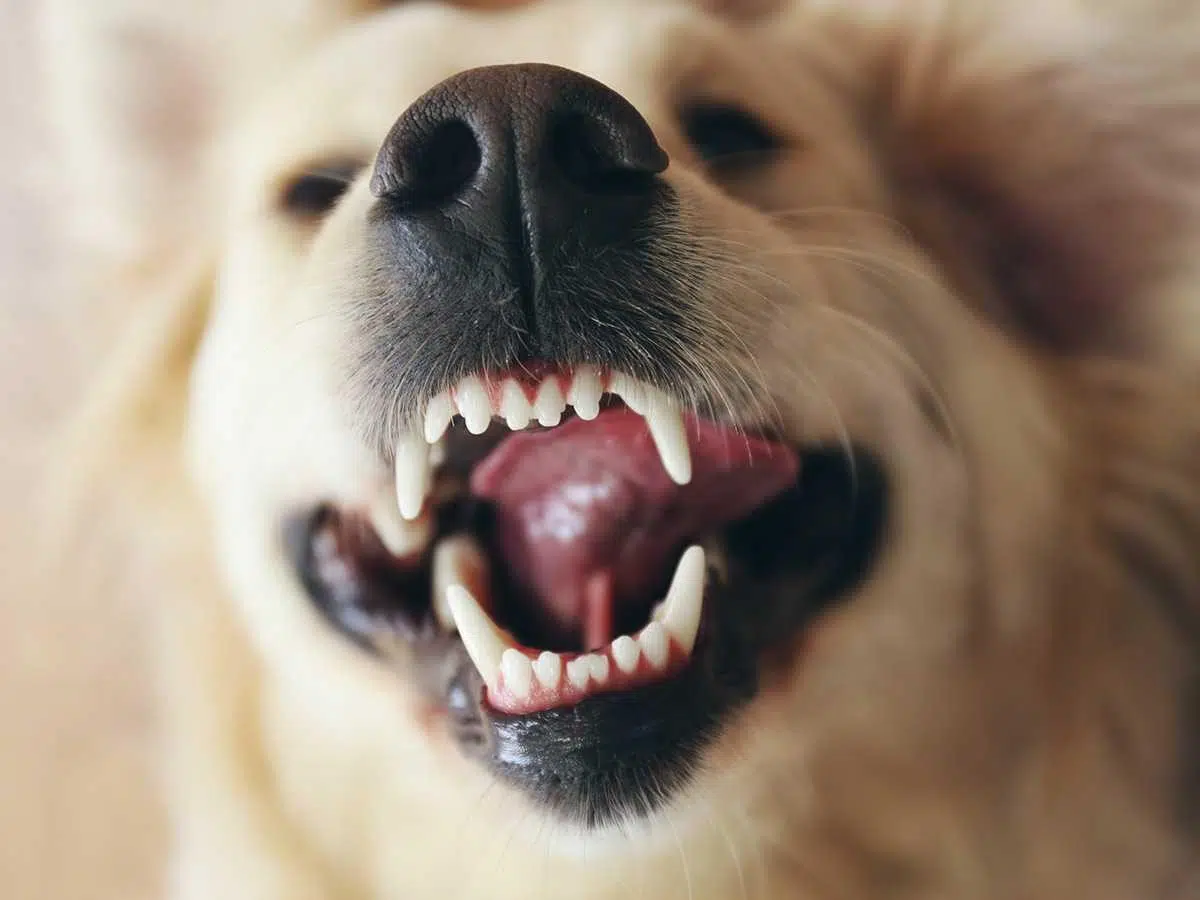
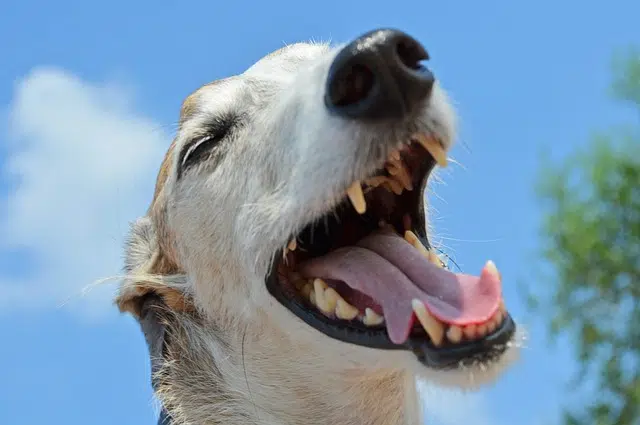
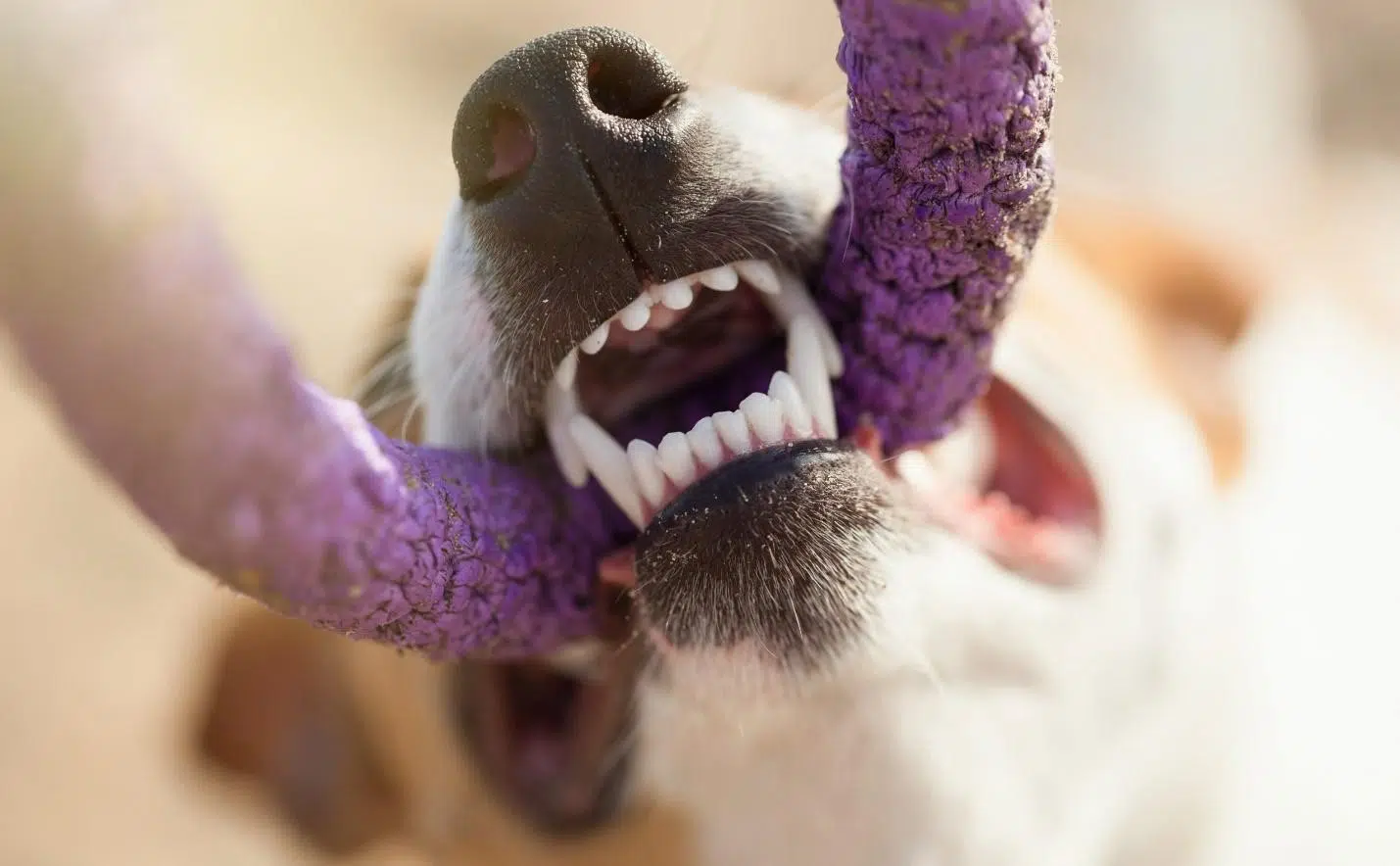
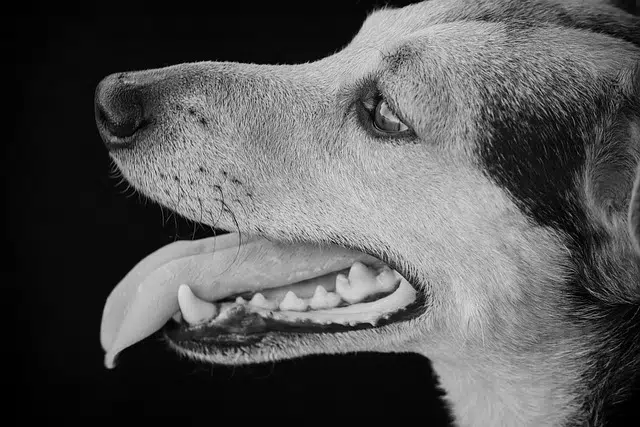
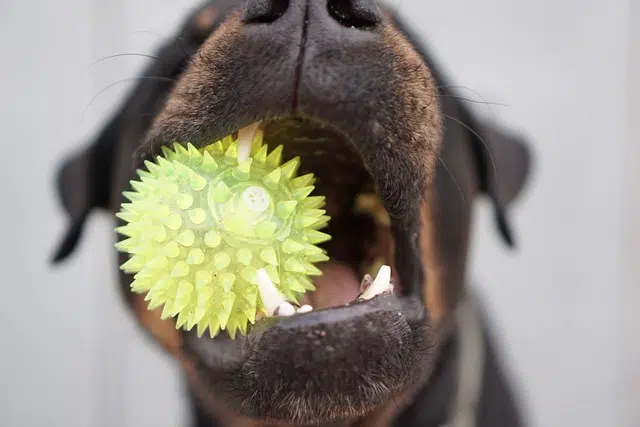
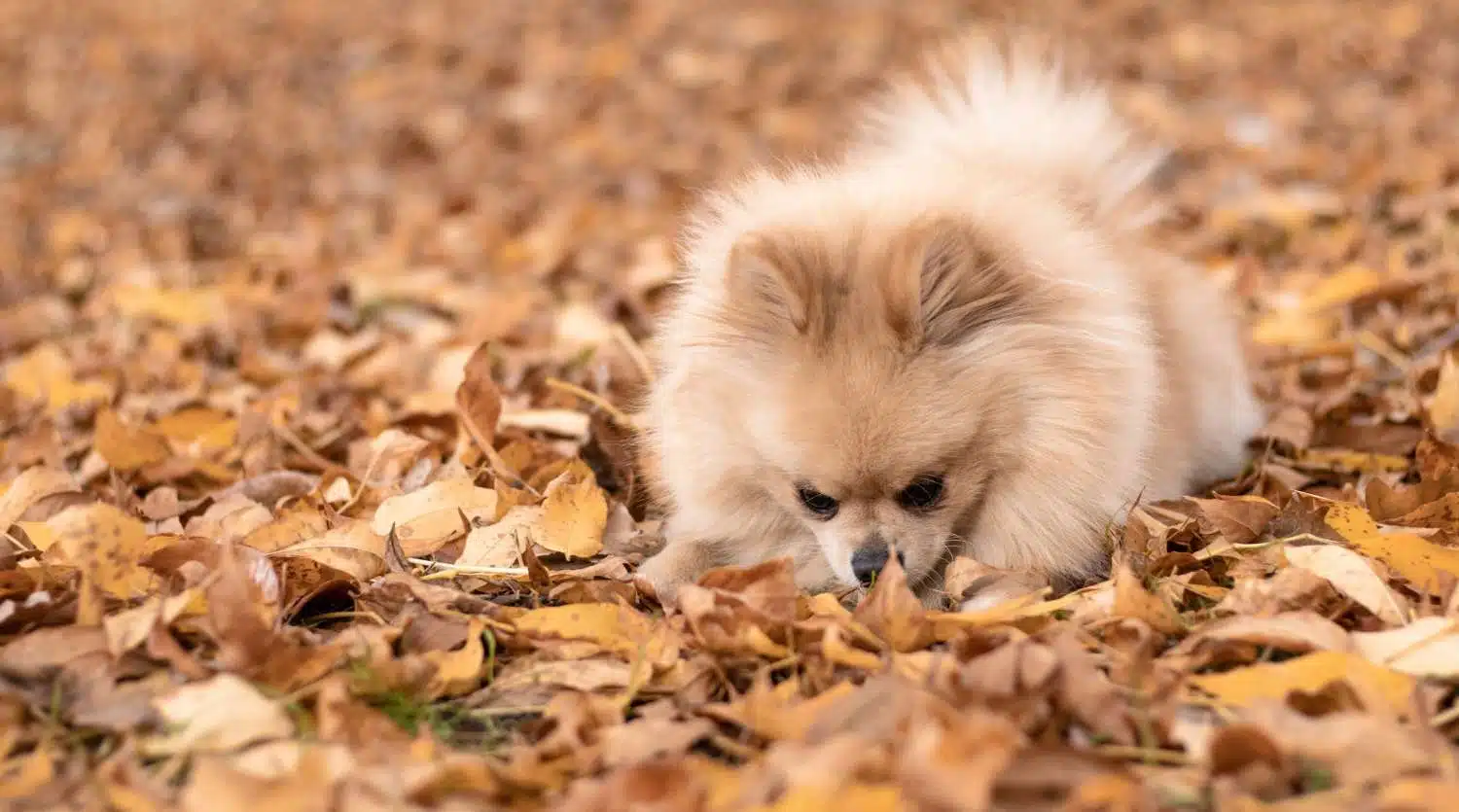
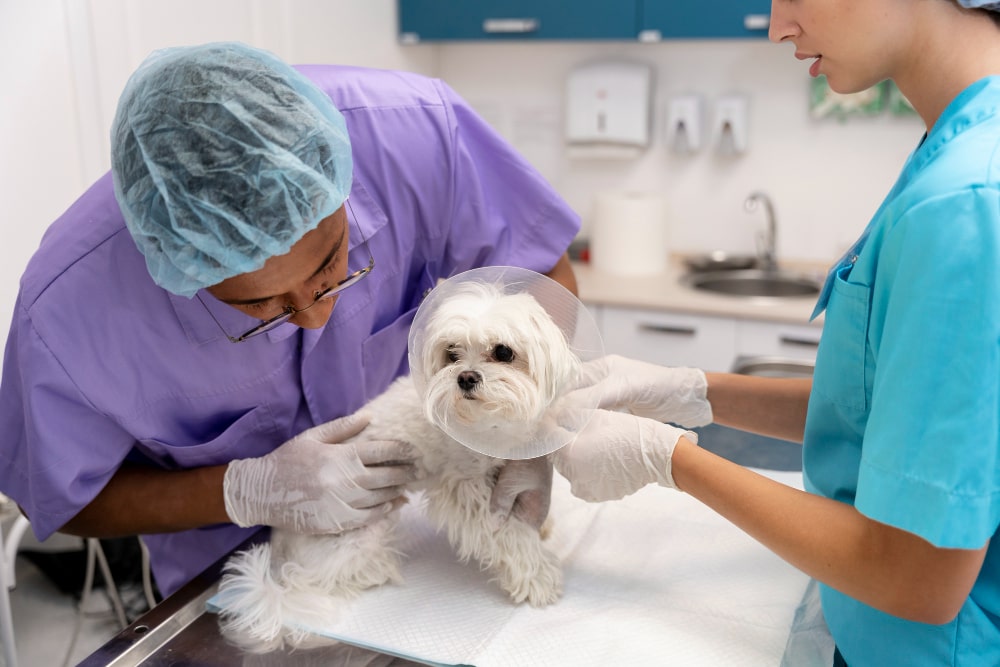

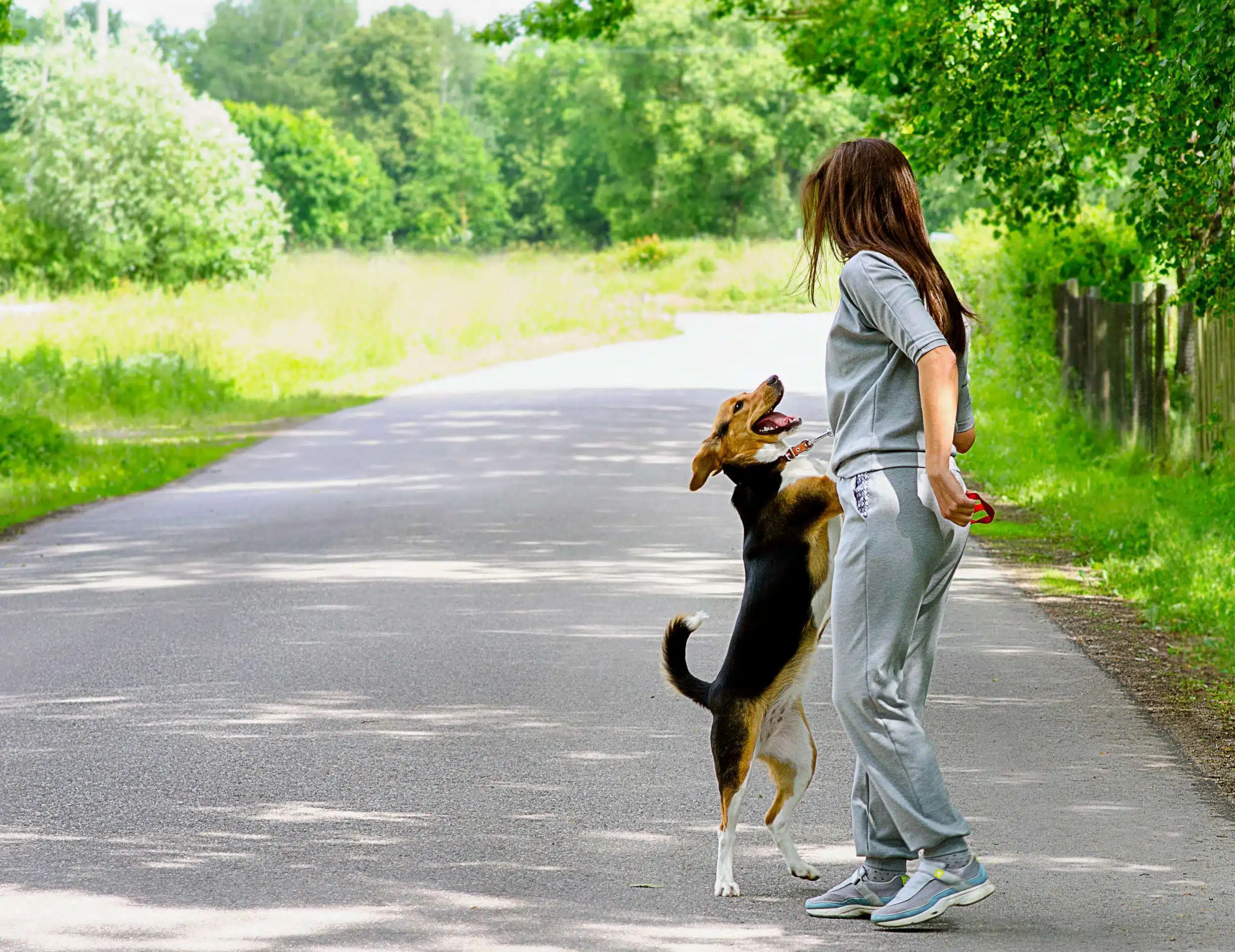
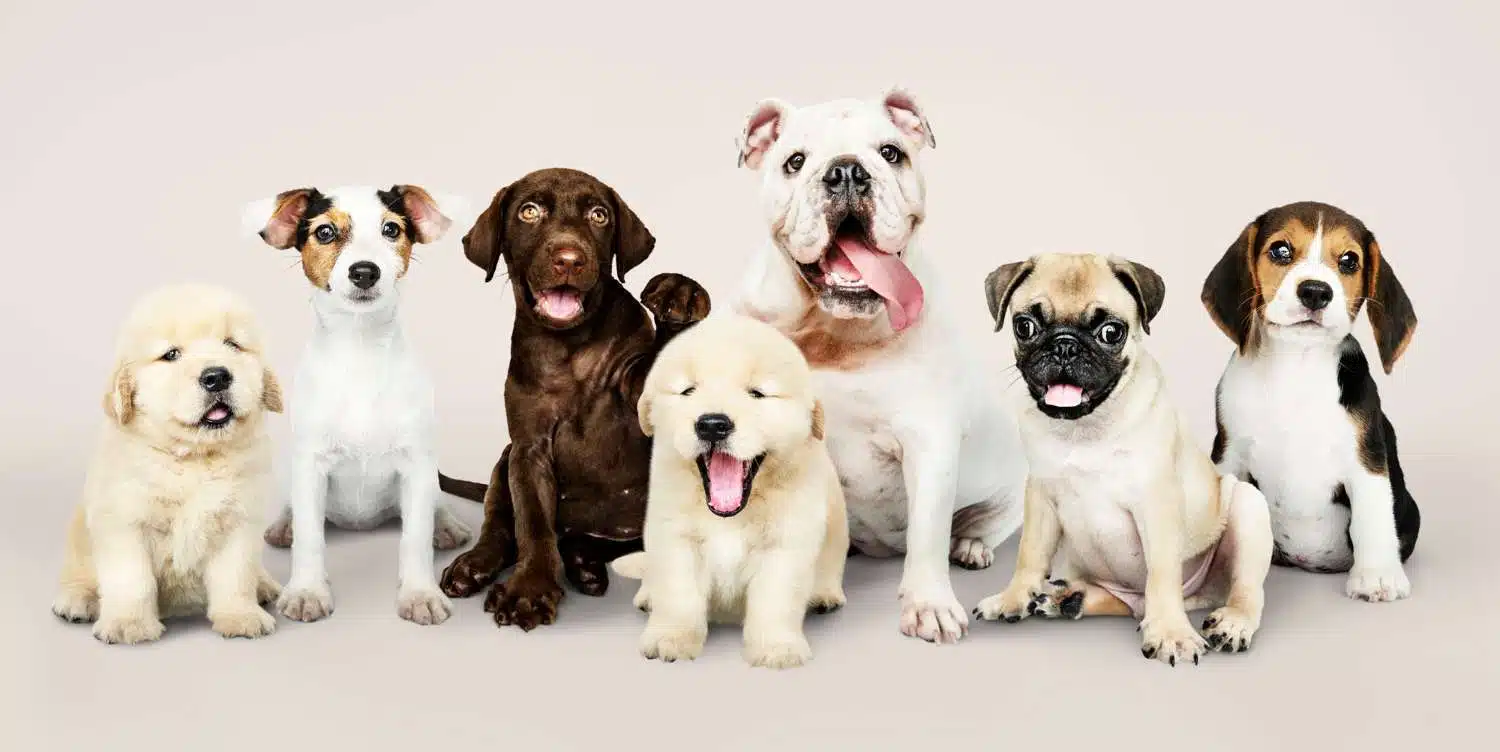

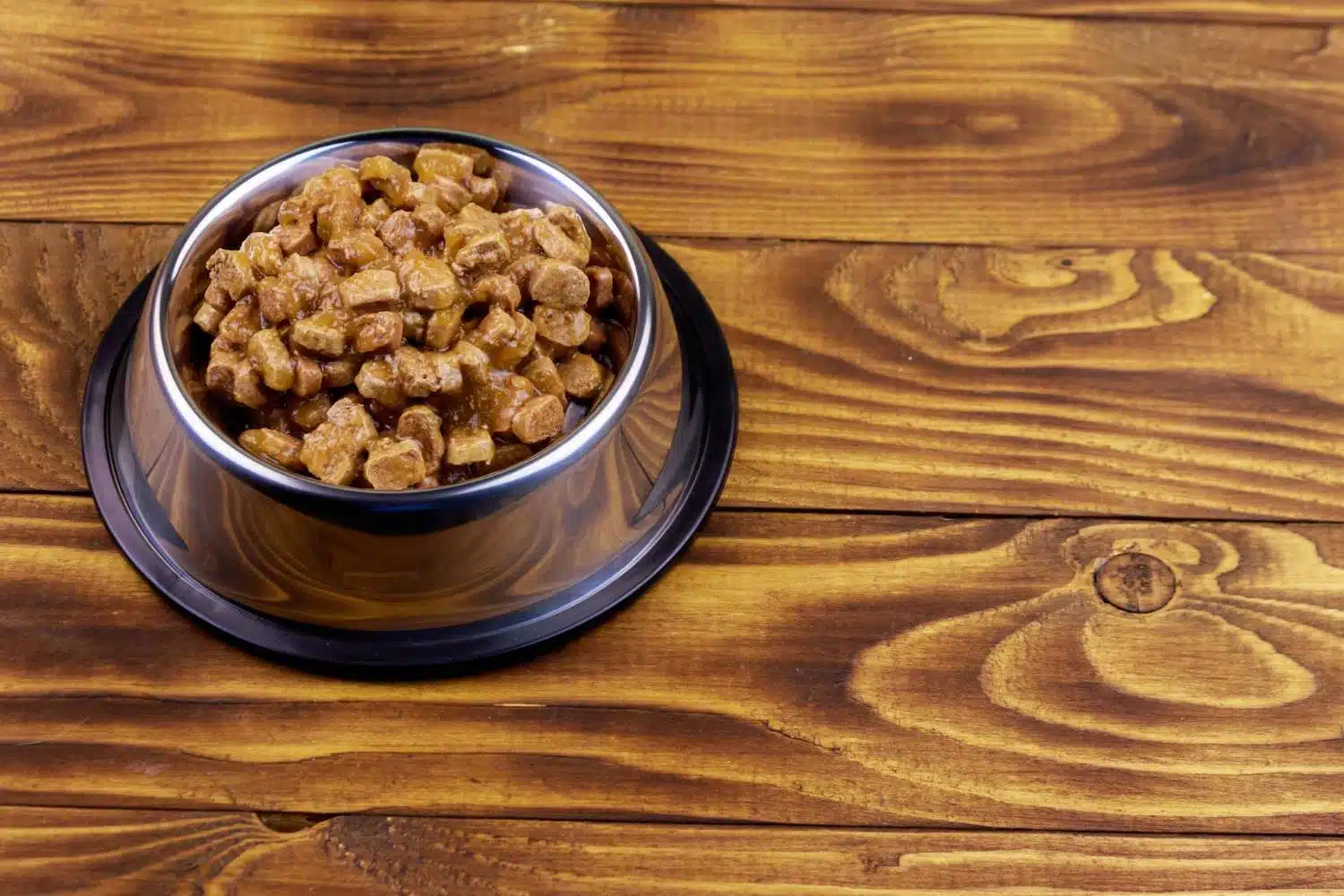
Get involved!
Comments